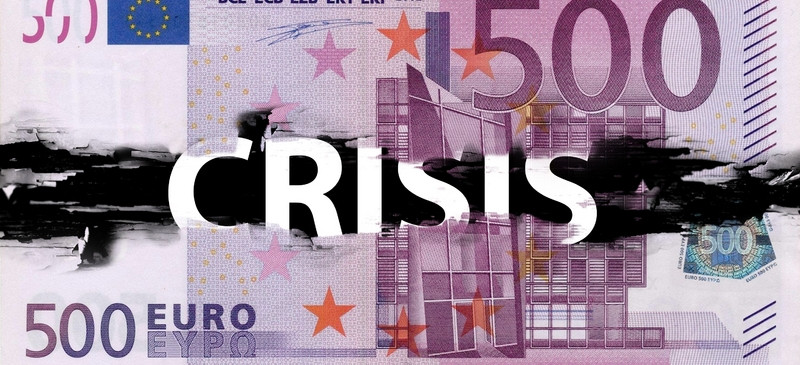
The economies of the European countries have suffered heavy losses due to the COVID-19 pandemic. According to the Statistical Office of the European Communities, in the first quarter of 2020, the GDP of 19 EU countries showed the fastest decline since 1995. And the economies of all EU countries fell by 3.2% compared to the previous quarter. Thus, the situation is similar to the global financial crisis of 2008. However, it is much worse, since all the economies of the world have been hit by the pandemic.
Even unshakable Germany lost 2.2% in the first quarter of this year. Unfortunately, the economies of other EU countries are in a much worse state. For example, the GDP of France, Spain, and Italy fell by more than 5% in the first quarter in comparison with the previous one.
Due to the recession, citizens of the European Union began to save on purchases. Household final consumption expenditure declined in the first quarter by 4.7% in the euro area and by 4.3% in the EU.
ECB President Christine Lagarde said that the world is facing a crisis in which no one is to blame. This crisis is a shock both for the European and the global economy.
However, experts warn that the worst is yet to come. In their opinion, this is only the beginning of the fall. The pandemic consequences will be felt for several more years. Even next year, despite the economic growth, the eurozone's GDP will remain negative. Experts believe that the current crisis has a W-shaped pattern. This means that a sharp collapse is followed by a rapid recovery and then by another collapse. In other words, the economic recovery before the elimination of the coronavirus crisis is unlikely to happen.
A meeting of the European Central Bank leaders took place on Thursday. Traders were looking forward to this meeting, as the euro rate directly depended on its results. It was assumed that the ECB would drop the euro rate, but this did not happen. The euro rose by 0.8% to trade at $1.1888. Ms. Lagarde said that there is no need to respond to the euro's gains today. Notably, the euro has peaked to its highest level against the US dollar.
The inflation forecast for 2022 remains unchanged at 1.3%. This means that there will be no easing of monetary policy.
Also, at the meeting, Christine Lagarde noted that the euro growth has an impact on the medium-term prospects for inflation. The external value of the euro is an important element of pricing in the euro area.
 English
English 
 Русский
Русский Bahasa Indonesia
Bahasa Indonesia Bahasa Malay
Bahasa Malay ไทย
ไทย Español
Español Deutsch
Deutsch Български
Български Français
Français Tiếng Việt
Tiếng Việt 中文
中文 বাংলা
বাংলা हिन्दी
हिन्दी Čeština
Čeština Українська
Українська Română
Română

